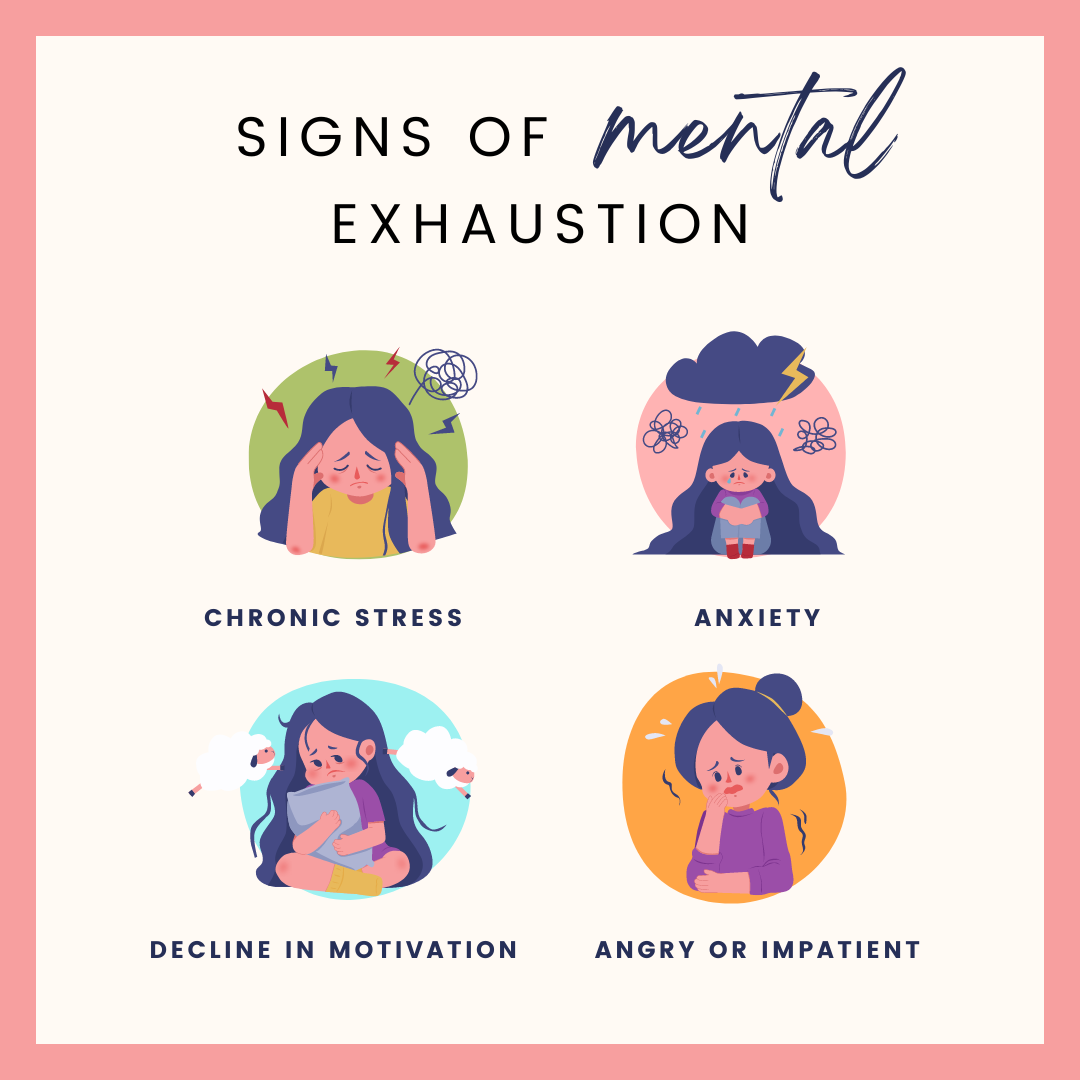Prescription medications play a crucial role in managing various health conditions, offering relief from symptoms, controlling chronic diseases, and improving overall quality of life. However, like any medical intervention, prescription pills come with both benefits and risks that must be carefully considered to ensure optimal health management.
One of the primary benefits of prescription pills is their ability to effectively treat a wide range of health issues. From antibiotics that combat bacterial infections to painkillers that alleviate chronic pain, prescription medications target specific symptoms and underlying causes of illness, providing targeted relief and improving patient outcomes. Additionally, medications for chronic conditions such as hypertension, diabetes, and heart disease help patients maintain healthy blood pressure, blood sugar levels, and cholesterol levels, reducing the risk of complications and improving long-term health.
However, along with their benefits, prescription pills also carry potential risks and side effects that must be taken into account. Adverse reactions, drug interactions, and allergic responses are common concerns associated with prescription medications, highlighting the importance of careful monitoring and patient education. Additionally, overuse or misuse of prescription pills can lead to dependency, addiction, and other serious health consequences, underscoring the need for responsible prescribing practices and patient adherence to treatment guidelines.
To strike a balance between benefits and risks, healthcare providers must engage in shared decision-making with patients, considering their individual medical history, preferences, and treatment goals. This involves discussing the potential benefits and risks of prescription medications, exploring alternative treatment options, and empowering patients to make informed decisions about their health. Additionally, healthcare providers should regularly review and adjust medication regimens based on patient response, ensuring that treatment remains safe, effective, and tailored to individual needs.
In conclusion, prescription pills play a vital role in health management, offering relief from symptoms and improving overall well-being. However, it’s essential to carefully weigh the benefits and risks of prescription medications, taking into account individual patient factors and treatment goals. By fostering open communication and informed decision-making between healthcare providers and patients, we can ensure that prescription pills are used responsibly and effectively to promote optimal health outcomes.



